Ford Motor Co (F.N) said it had sunk plans to make electric vehicles (EVs) in India for exports, while it explores options for its two factories in the country that stopped production last year. The U.S. car maker had said in February 2022 that it would manufacture EVs in India and also got approval for the Indian government's $3.5-billion production-linked incentive scheme for making clean-fuel vehicles.
Although Ford has said that it will continue to work closely with "unions and other stakeholders” to reach “an equitable and balanced plan” to tide over the loss of jobs and other consequences of restructuring, members of the Chennai Ford Employees Union union have, ever since, been protesting. Ford has reportedly been uptight that it will just deliver requisite compensation in the aftermath of its decision. As part of the continuing business restructuring in India, Ford is trying to study potential alternatives for its manufacturing facilities. The company owned less than 2% of the Indian passenger vehicle market when it ceased production in the country after working for more than two decades to generate profits.
Meanwhile, in the other markets worldwide, it seems like Ford wants to be occupied building a second EV truck, as CEO Jim Farley said during the automaker’s splashy event to celebrate the production launch of the electric F-150 Lightning truck. Ford Mustang Mach-E rose to the top of AAA (The American Automobile Association) Car Guide by scoring the most points, securing the Best Overall Car spot. The F-150 Lightning is a full-size truck and the third EV in Ford’s battery-electric lineup following the Mustang Mach E and the commercial E-Transit van.
It is believed in the automobile industry that Ford’s truck business is a magnitude leader that could take the automaker far ahead of rivals if its traditional customers are keen to go electric, which they are. Their factory in Tennessee, America will begin producing advanced batteries and next-generation battery-electric F-Series pickups in 2025. The automaker already doubled its planned annual production to 150,000 vehicles by 2023. A broad cross-industry alliance including Ford of Europe and Volvo Cars is demanding the EU to ensure all new cars and vans in Europe are zero emission from 2035 and to designate mandatory charging infrastructure targets.
Jim Rowan, CEO of Volvo Cars, said, “Volvo Cars plans to become a fully electric car company by 2030 and supports the end of fossil fuel vehicle sales in Europe by 2035. This would not only be in-line with the goals of the Paris Agreement, which require 100% zero tailpipe emission vehicle sales in Europe by 2035, but it’s just the right thing to do. The window for us to avoid the worst impacts of global warming is rapidly closing. At this critical moment, now is the time for the EU to reaffirm its leadership in climate action.”


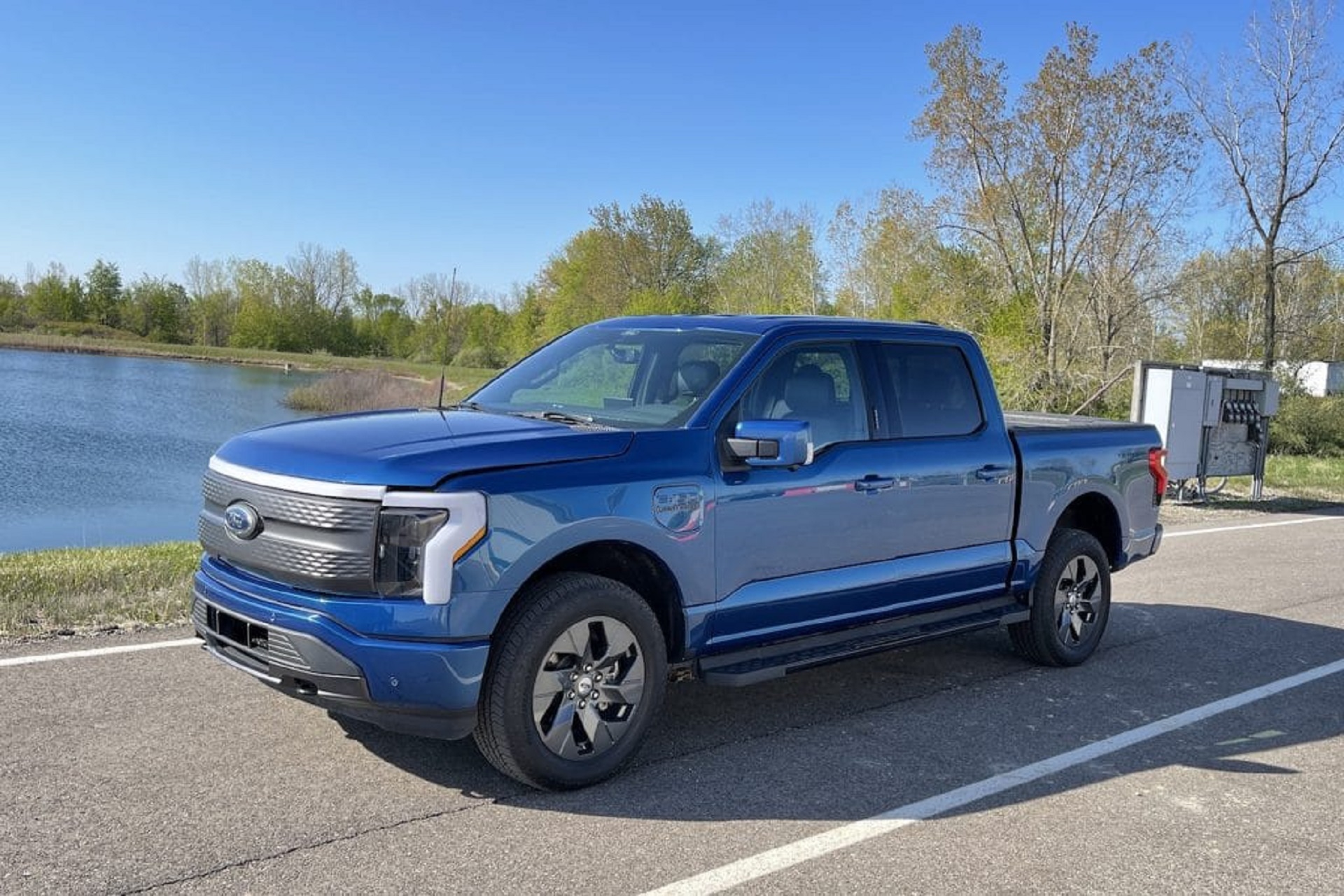
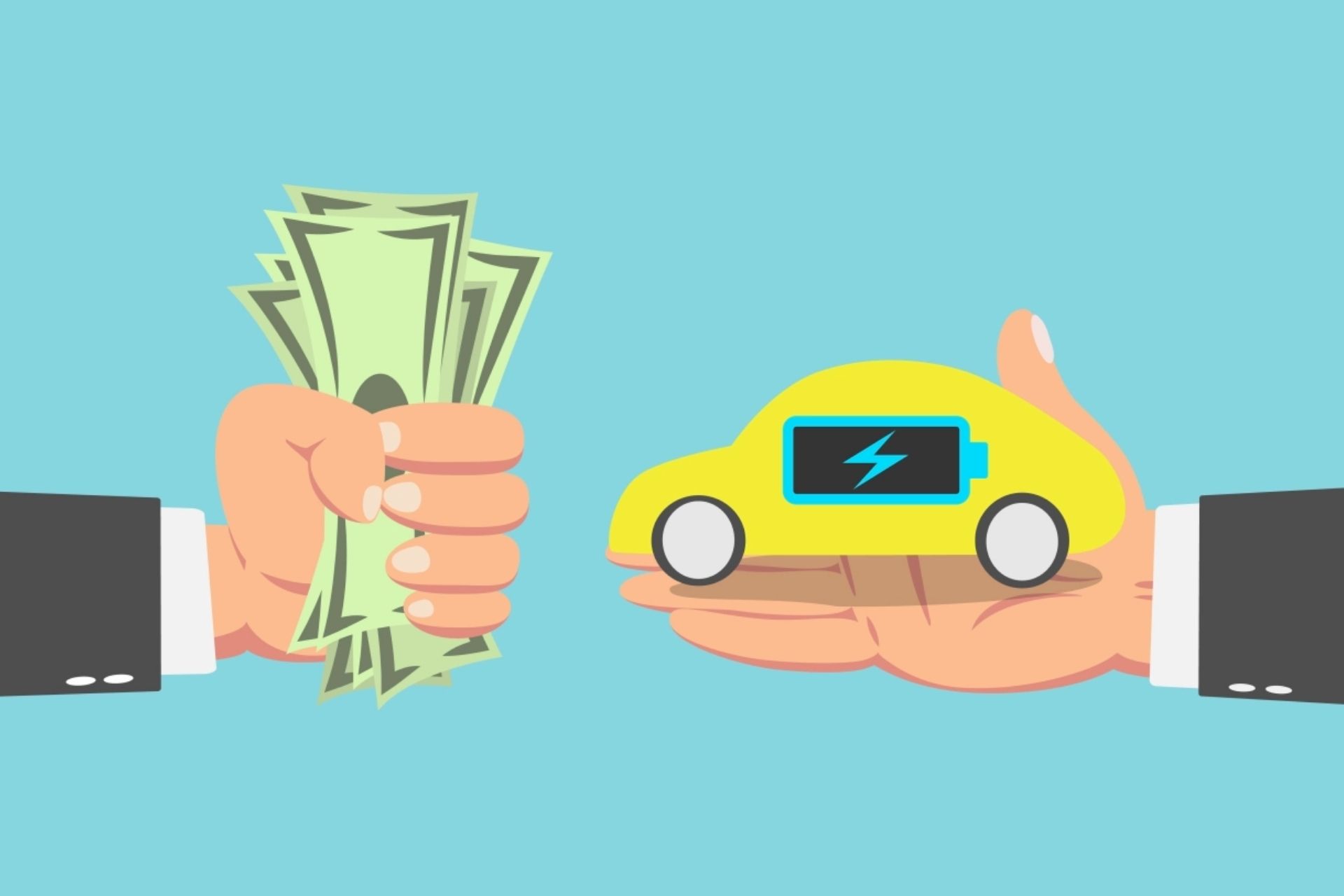
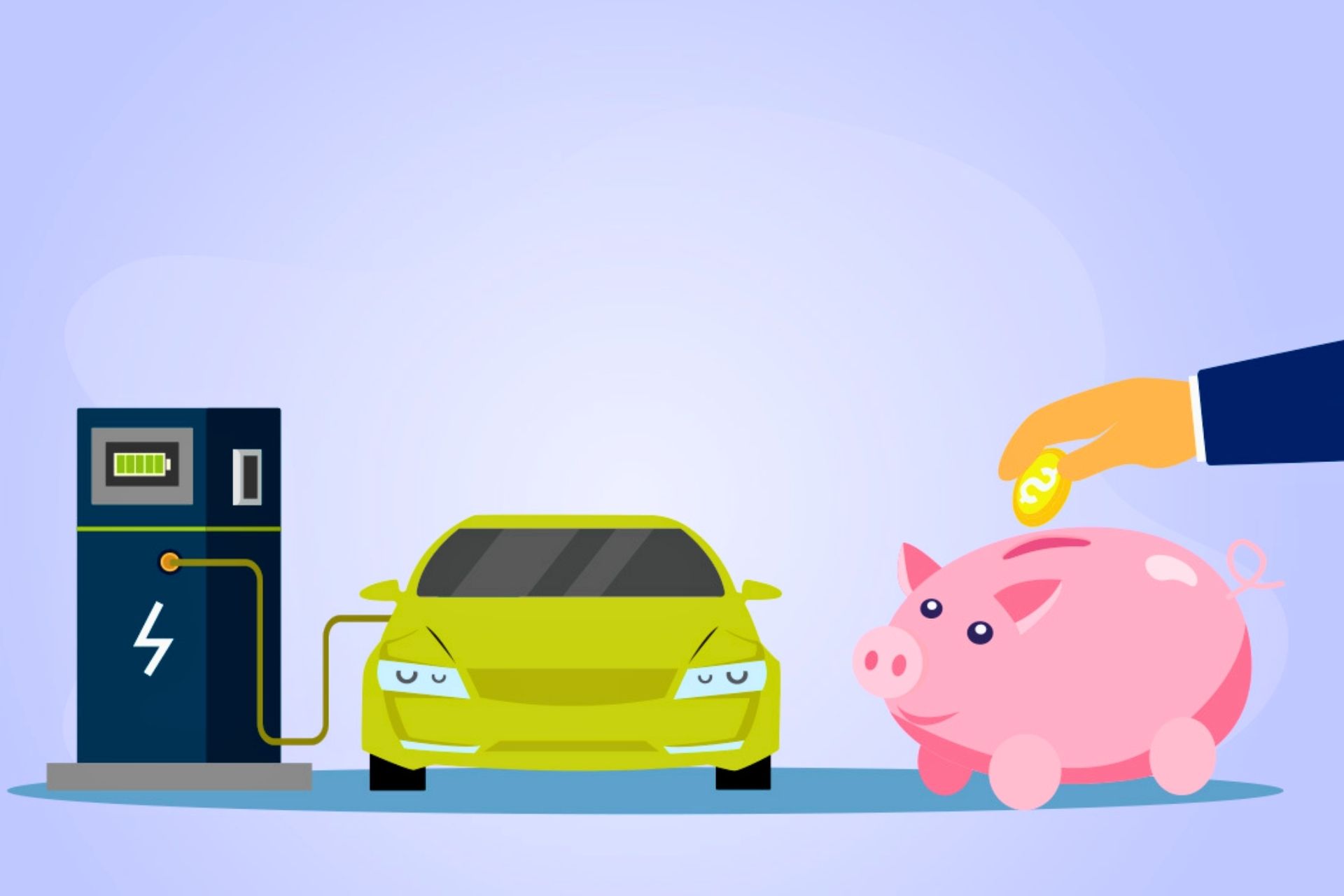
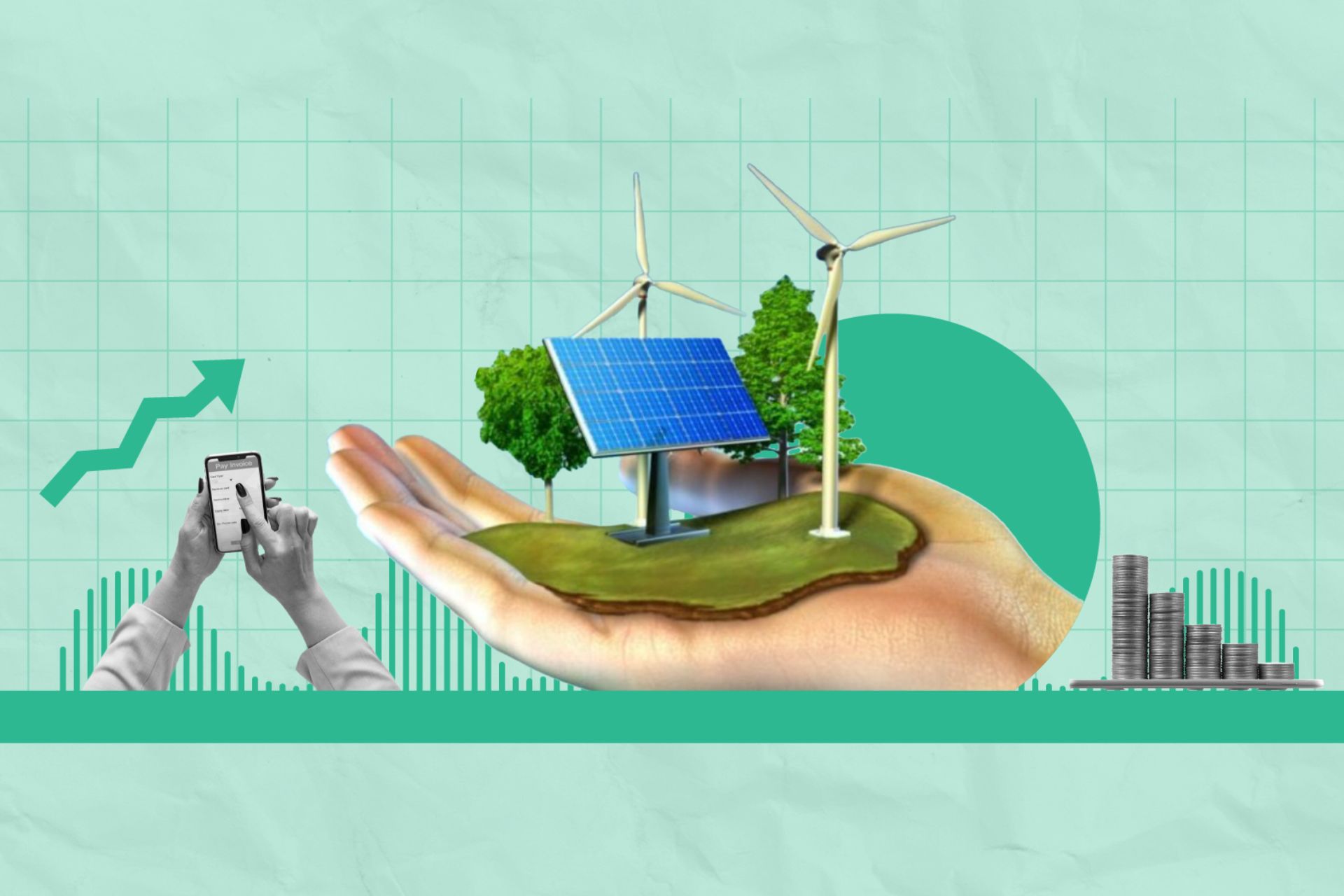
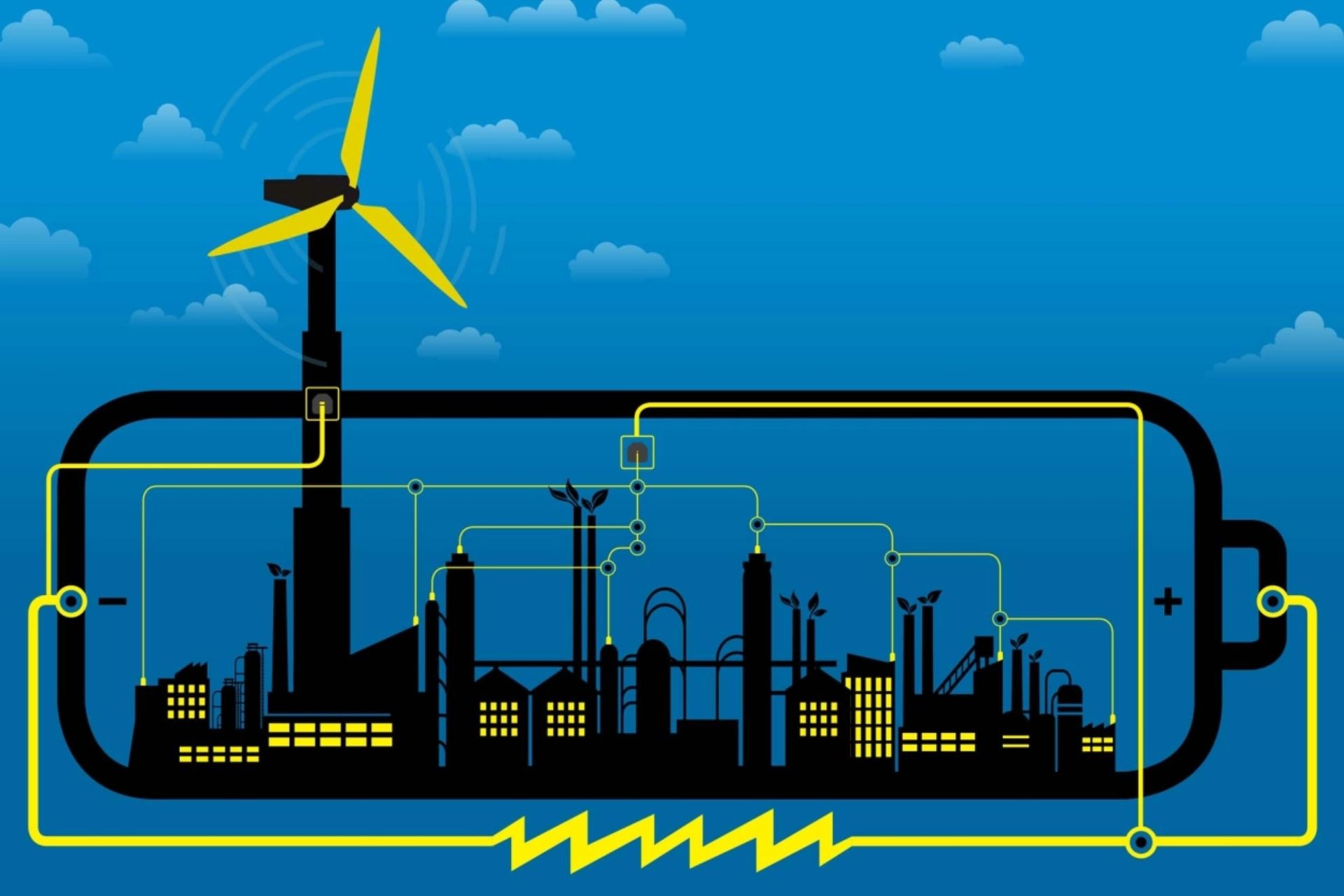
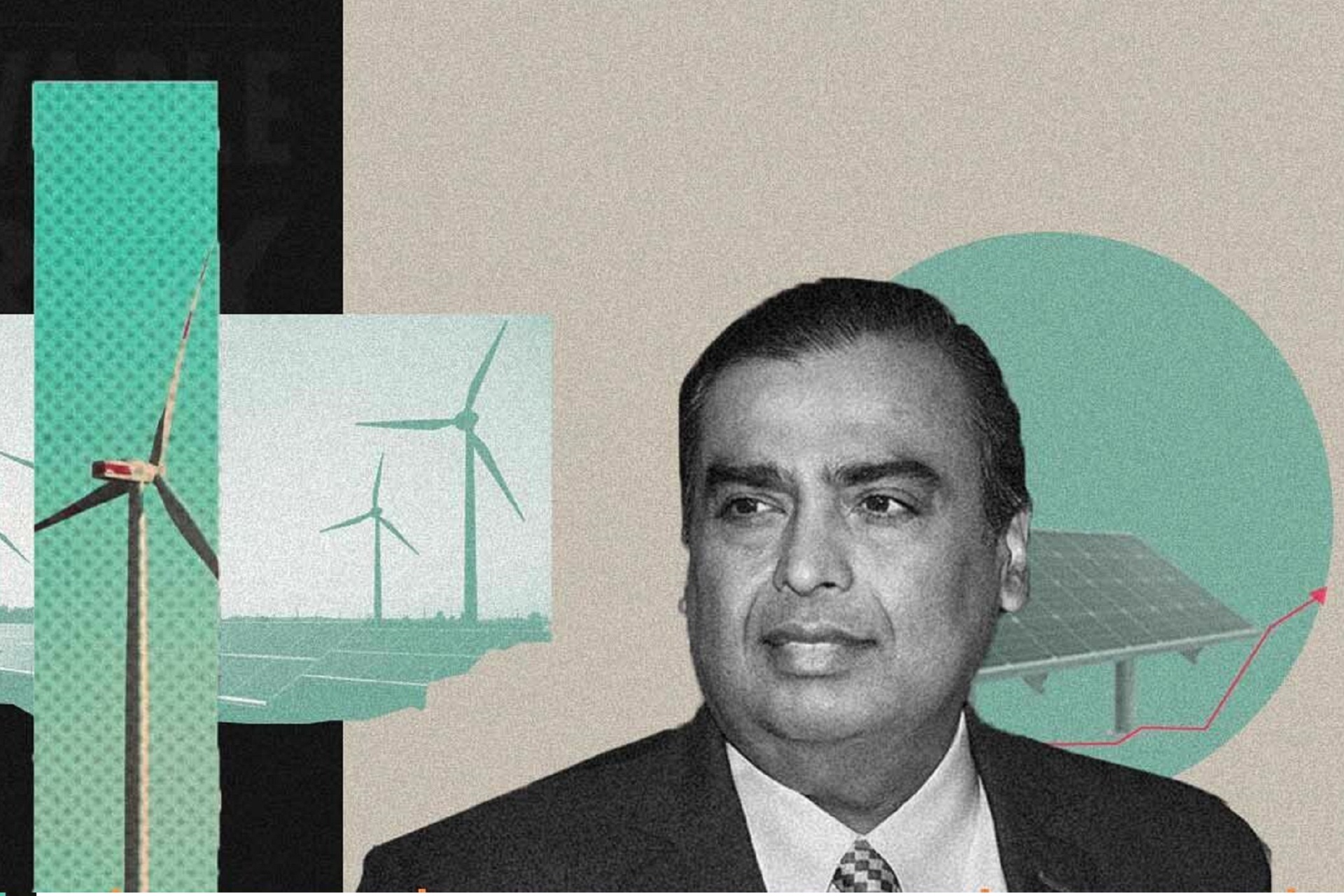
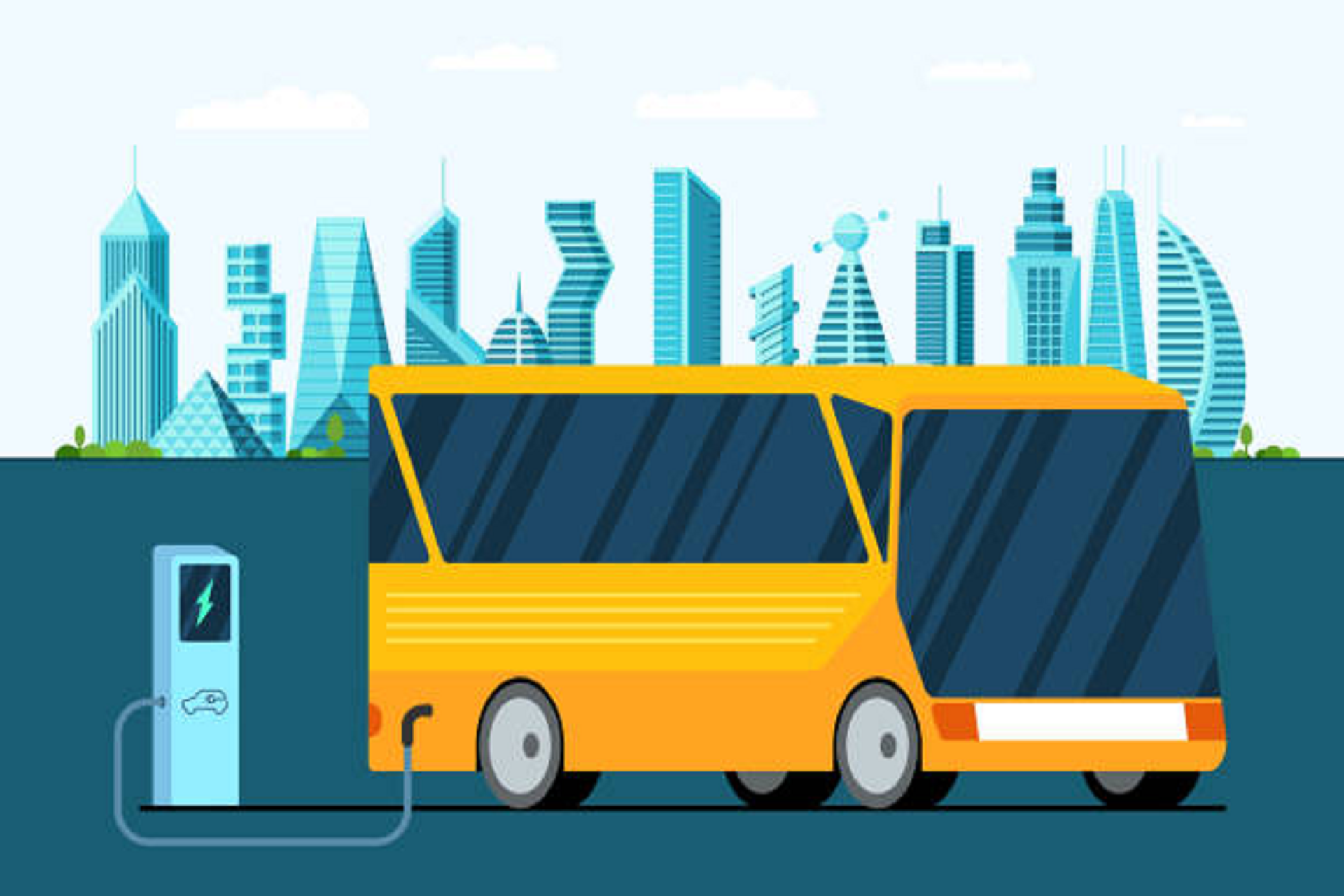
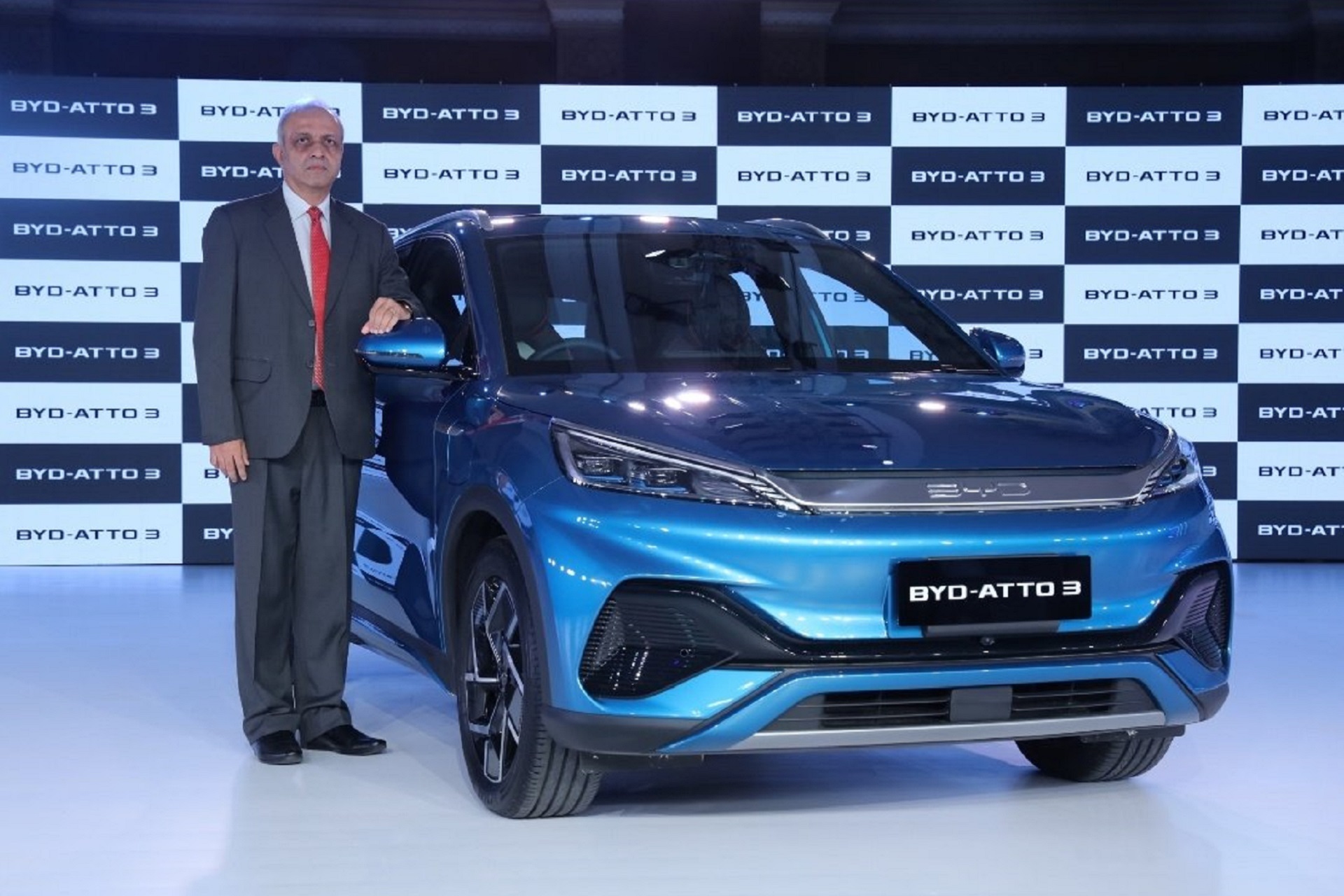
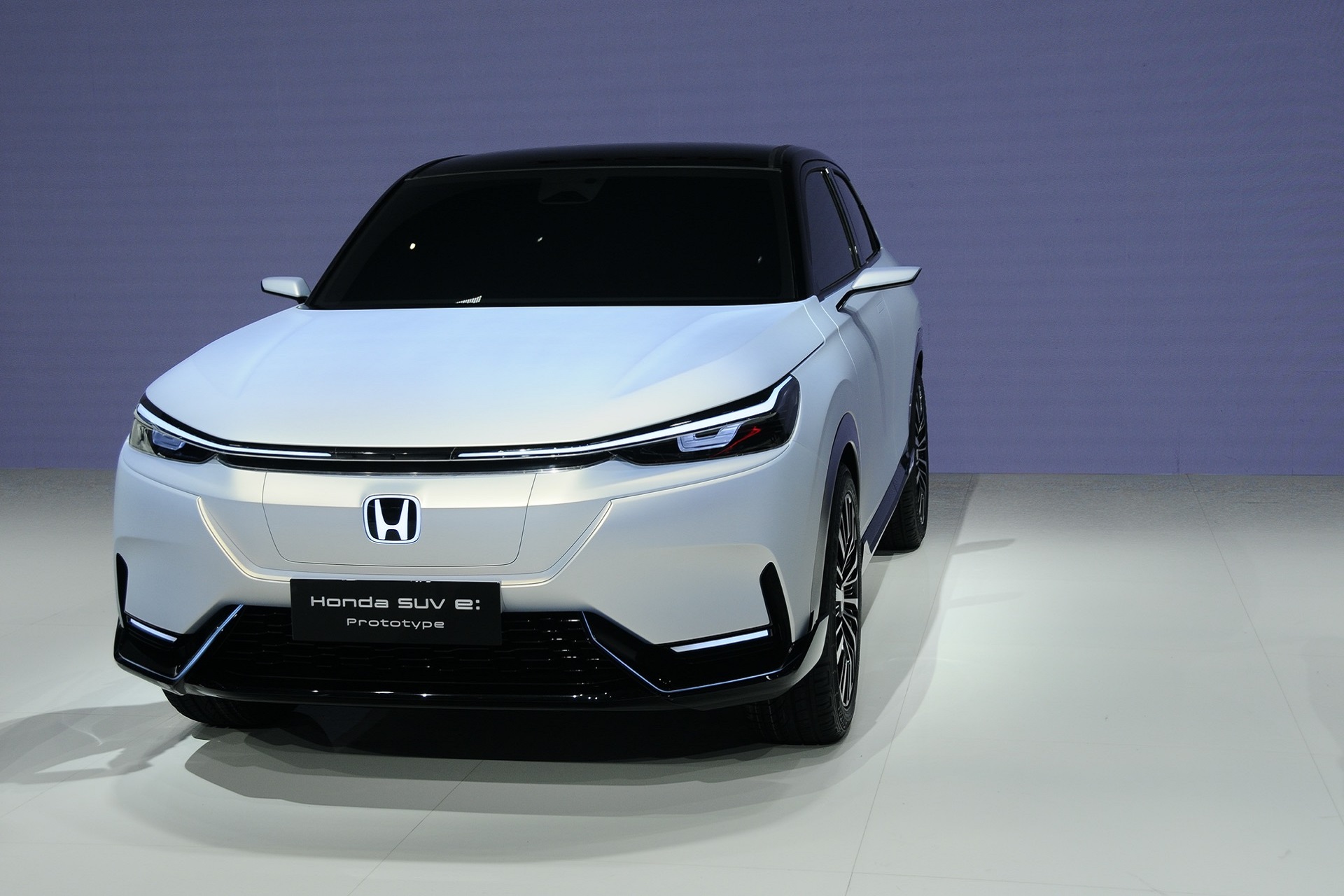
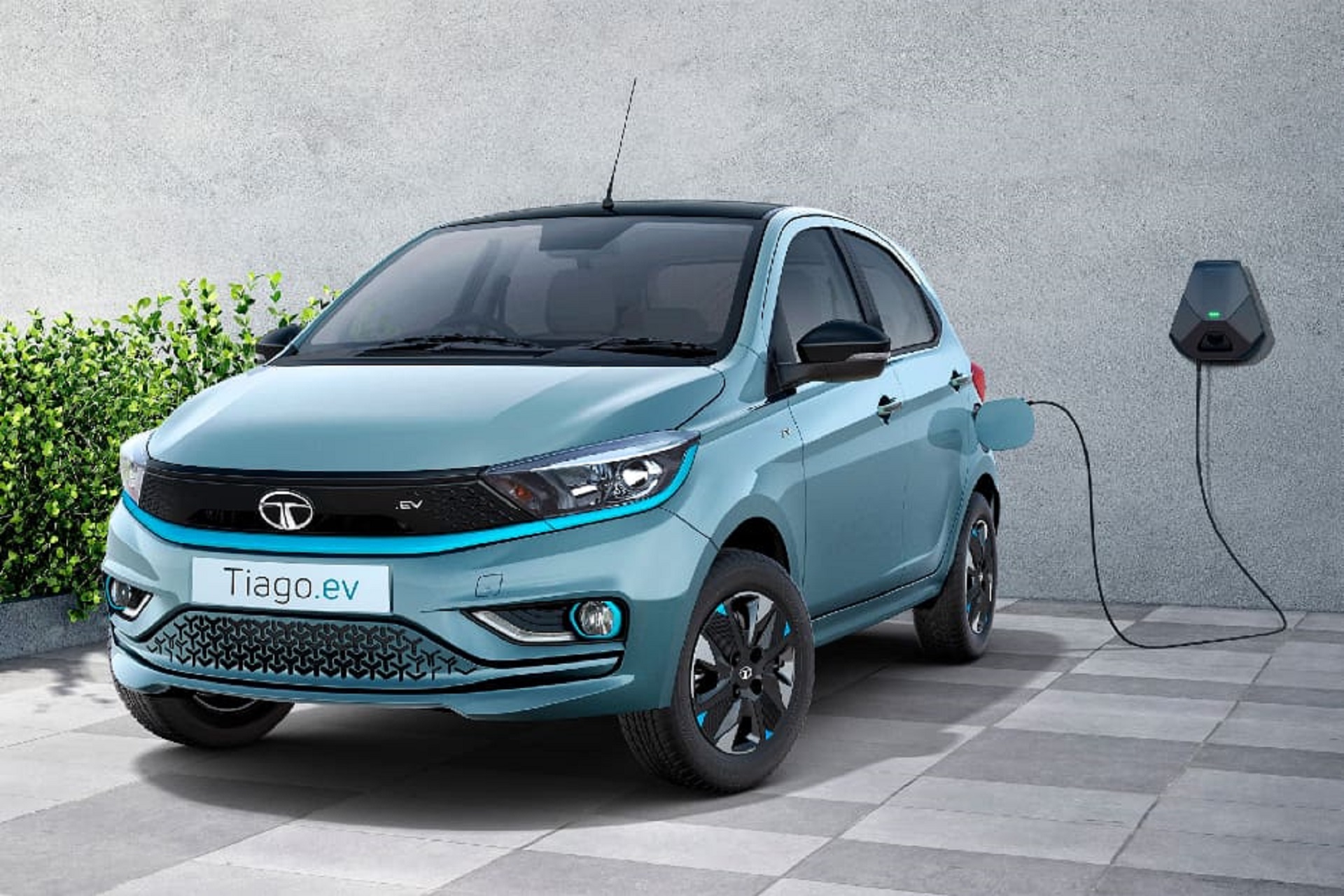
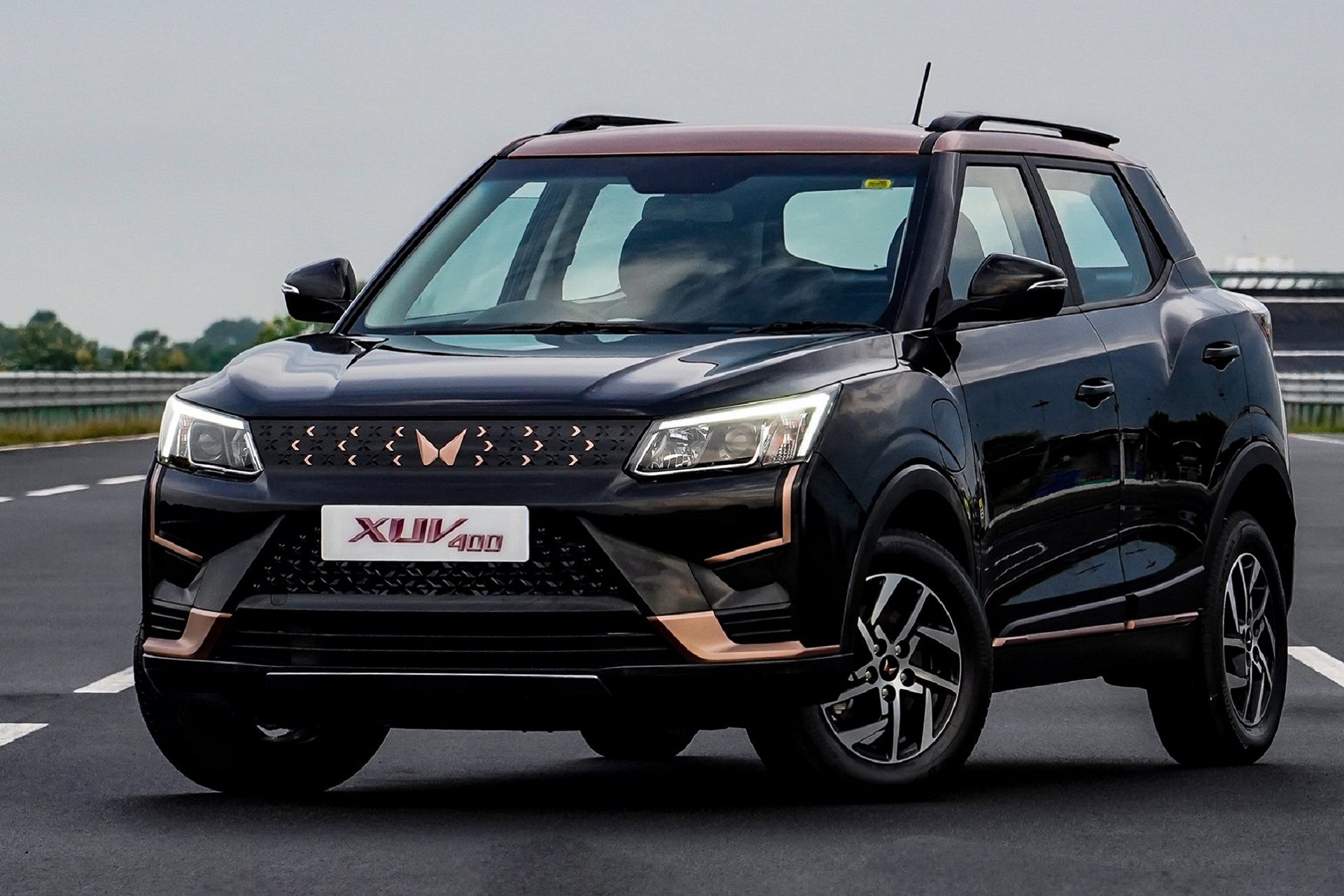
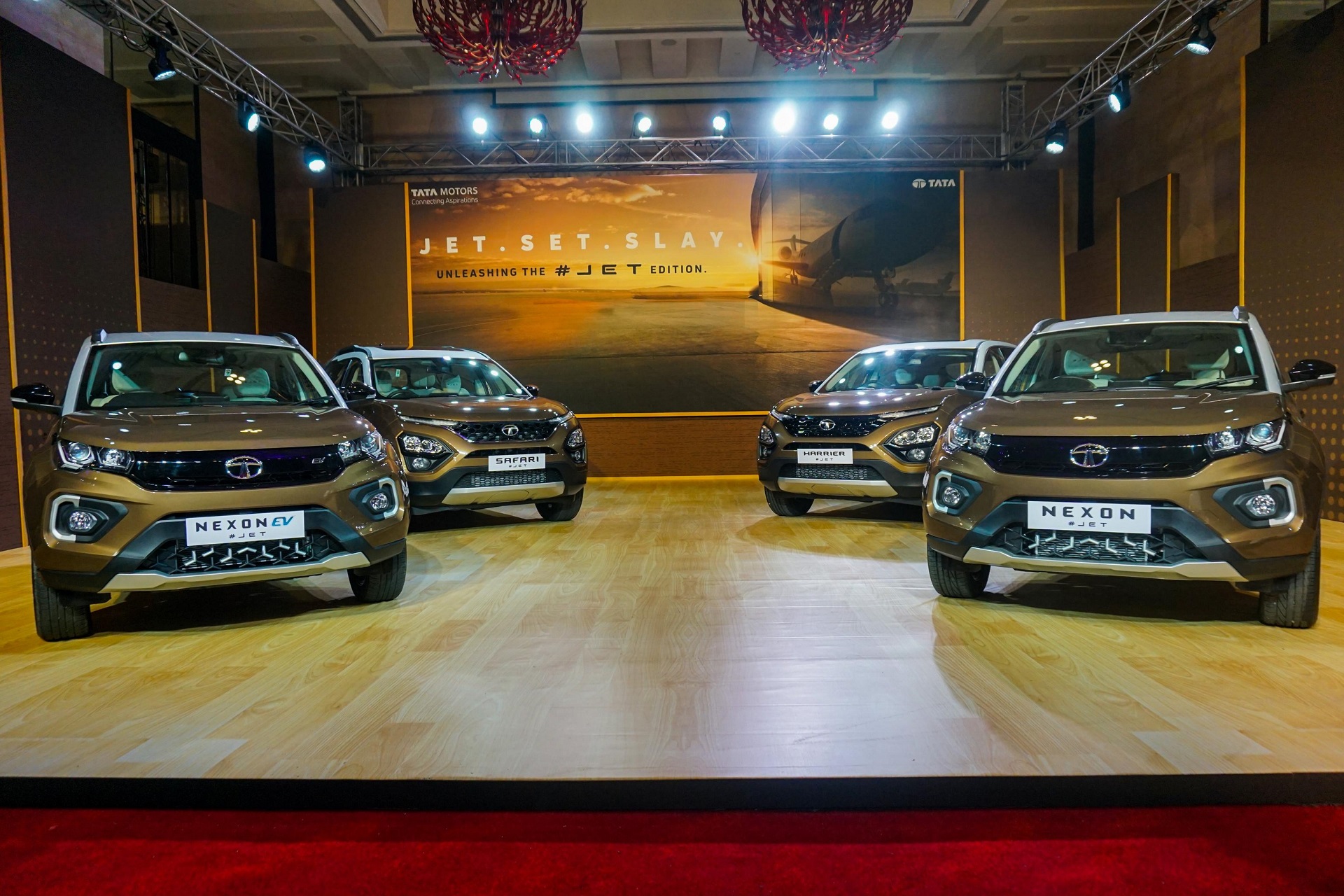
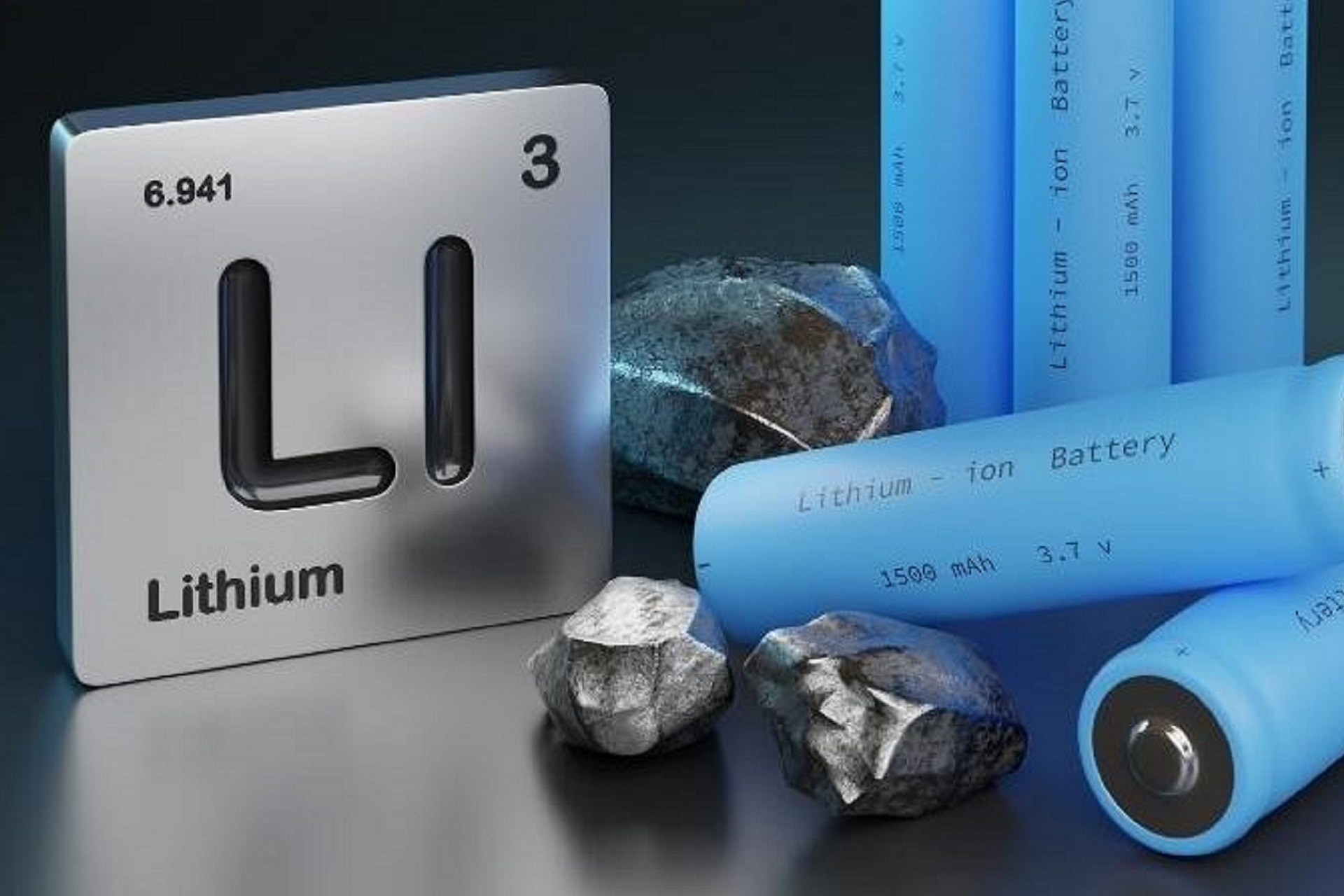
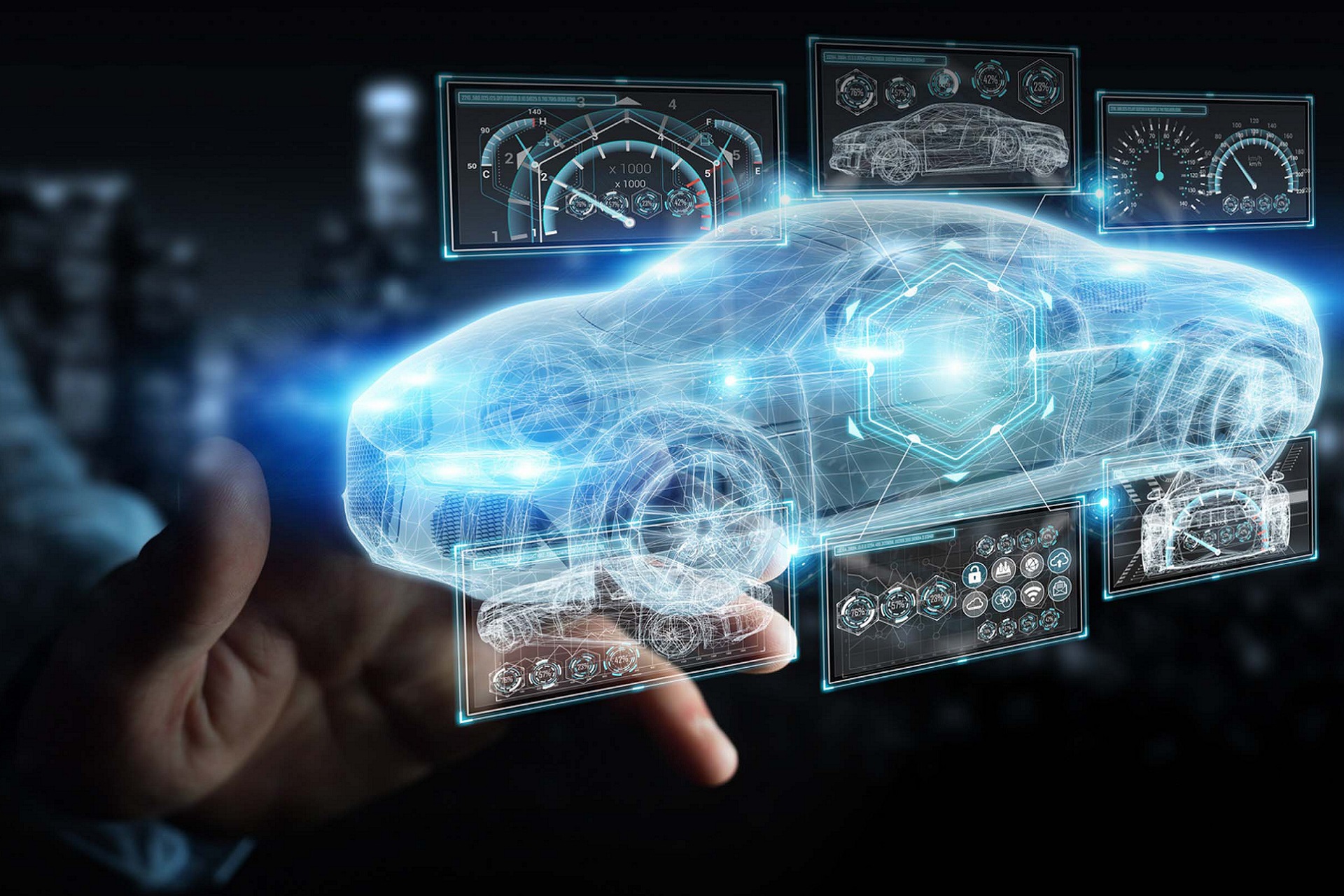

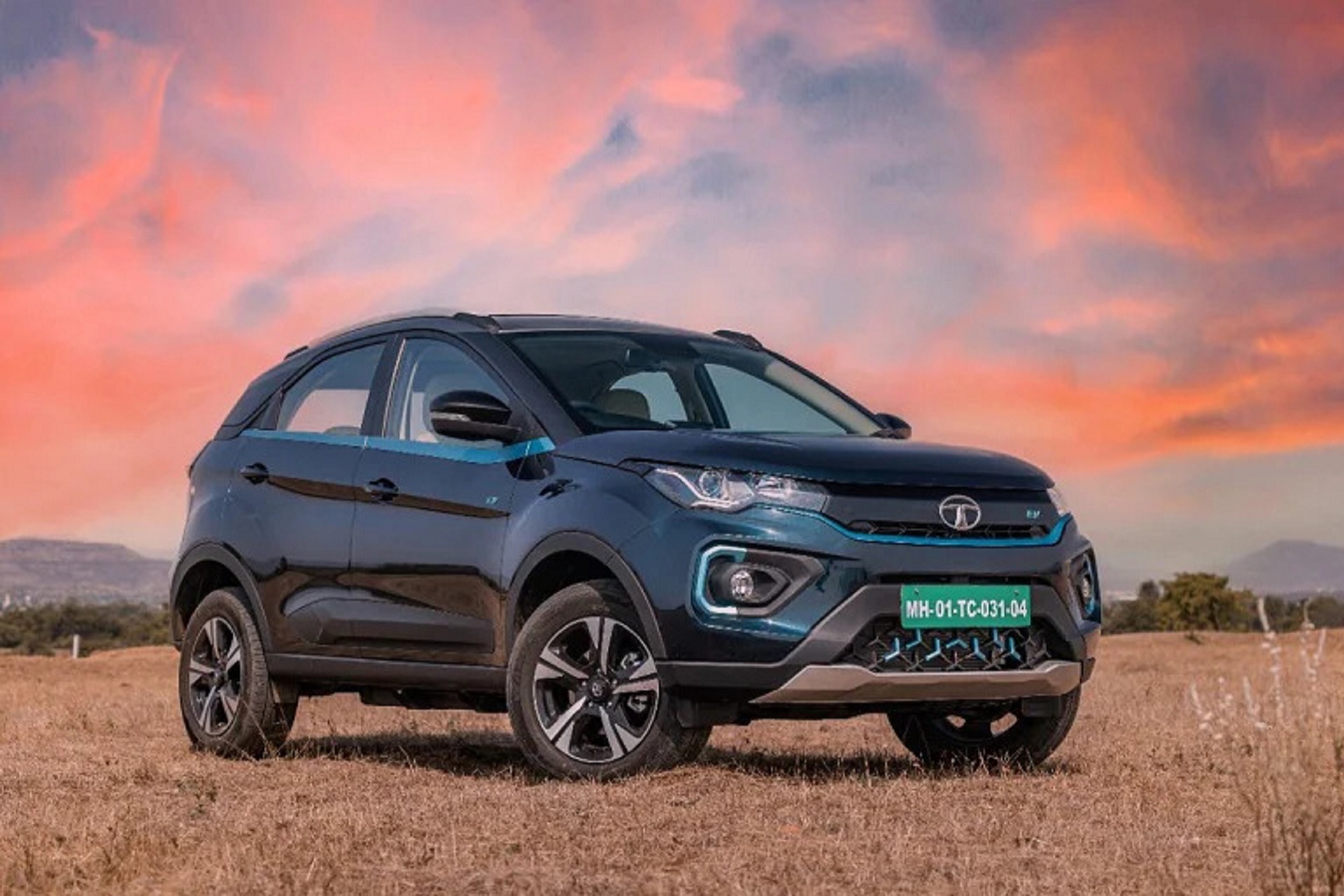
Please Login / register to post your comments!!
0 Comments